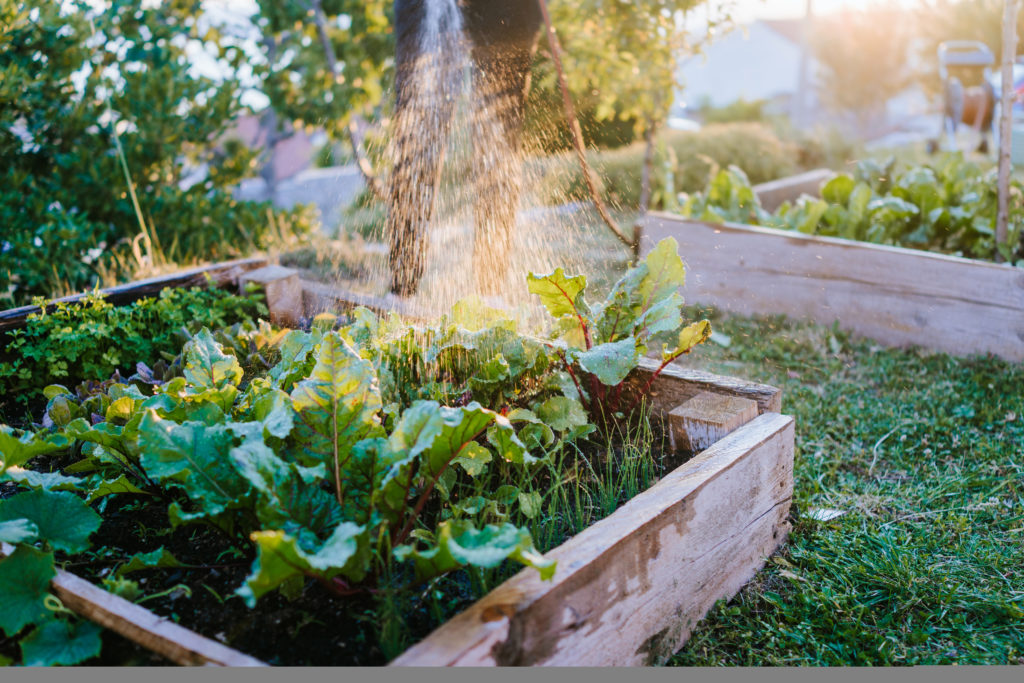We understand how frustrating it can be when pests start eating up your plants. The sight of slugs’ slimy trails on leaves, beetles chewing through your flowers, bugs, rodents eating your plants, etc., can be annoyingly disappointing.
Truth be told, hardly will you find a garden without those unwanted, pretty annoying insects that feast on your plants. Every gardener only hopes to eradicate these insects without adding chemicals to the yard. Check out a variety of commercial pest control suitable for your garden.
Let’s examine some natural ways to deal with annoying little garden pests without harming any wildlife or children who may come around the garden.
- Floating Row Covers
This method can effectively control potato beetles, squash bugs, aphids, tomato hornworms, cabbage moths, cabbage worms, and other mobile pests. Also, floating row covers protect your garden from birds, rabbits, deers, and squirrels. Apart from pest control, it will also protect plants from wind and sun. It stands as one of the best ways to protect your vegetables and flowers from various pests. They become handy when problems are most active. Install them as soon as you put your plants in the ground and leave them for as long as possible to get the most out of row covers.
- Insecticidal Soap
Insecticidal soap can save you from a sudden garden infestation of soft-bodied insects like spider mites, aphids, and whiteflies. Insecticidal soap uses fatty acids to break down the insect’s protective cuticles, leaving it dehydrated and dying afterward. For this soap to properly do its job, it has to contact the insect.
Since the soap is usually sold as a concentrate, you will need to dilute it into a spray bottle before using it. It is wiser to mix up one application at a time since the soap works for a few days after you have diluted it.
- Diatomaceous Earth
Diatomaceous earth is fossilized microbes ground into a powder to shred any soft-bodied insects that slither across it. Soap sprays are suitable for a wide range of soft-bodied flying insects. At the same time, diatomaceous earth is more beneficial for crawling, hard-bodied insects, including ants, cabbage root maggots, spiders, carrot rust fly larvae, cutworms, and onion root maggots. It is also effective for shredding the bodies of snails and slugs. Just spread the powder on the soil surface around vulnerable plants and wait for the magic. If it rains, you have to reapply because diatomaceous earth only works when dry.
- Neem Oil Spray
This oil spray contains different natural steroids that cause insects to eat less, experience retarded growth, and lose interest in laying eggs. It can effectively control squash bugs, bean beetles, potato beetles, and other leaf-eating beetles.
For best results, shake the product well before use, and mix the Neem oil concentrate thoroughly using lukewarm water. Don’t spray neem oil on scorching days, and don’t spray on plants lacking water. You can constantly reapply it after 7-10 days throughout the growing season.
- Beneficial Nematodes
Beneficial or parasitic nematodes work by releasing a bacteria to kill the host insect in one or two days, adequate to control soil-dwelling pests like cutworms, root maggots, and Japanese beetle larvae, and other grubs.
Parasitic nematodes are purchased and sold while they are dormant. Once you buy beneficial nematodes, you can keep them in your refrigerator. When you need them, just mix them with warm water, and they’re ready to be applied.
However, you must understand that they lose their effectiveness over time, so don’t keep them for too long.
Conclusion
To deal with those annoying little garden pests without destroying your garden with chemicals (which are harmful to pets and children), make use of organic pest control.



















